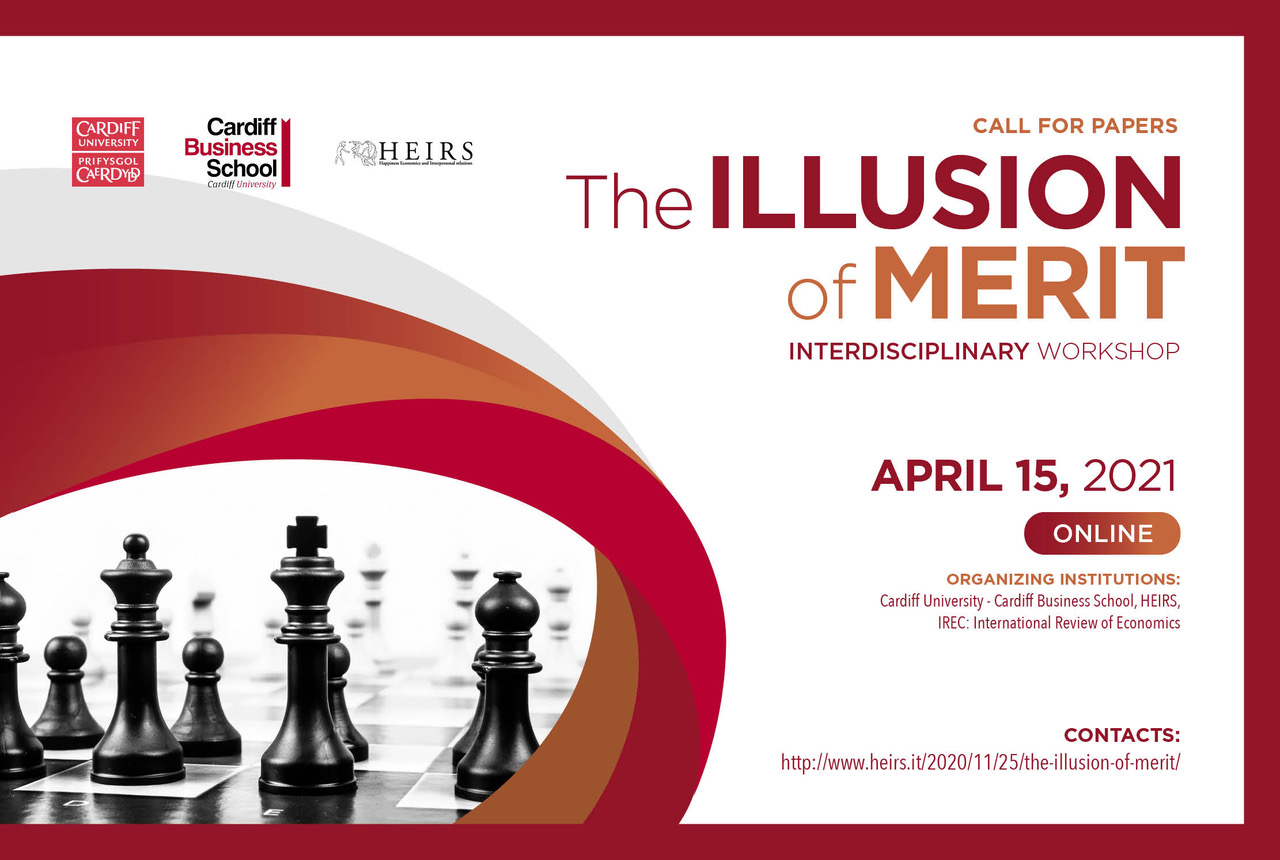Civil Economy: an Old-New Paradigm
A conference in honor of Stefano Zamagni
LUMSA University – Rome, Jan. 31st – Feb. 1st, 2025.
Via di PortaCastello 44 – 00193 Roma
For more than 20 years, Civil Economy (Bruni & Zamagni 2007, Becchetti et al. 2008 ) has been a source of inquiry into various fields of knowledge, i.e., Economics (Bruni & Sugden 2008), Philosophy (Zamagni 2018), Political Science (Pabst & Scazzieri 2019), Business Ethics (Nalli 2023), History of Ideas (Porta 2016, Santori 2020), and Theology (Milbank 2023). Inquiring into the features and roots of the 18th Italian civil economists’ ideas (Muratori, Maffei, Genovesi, Filangieri, Dragonetti), scholars brought back topics such as public happiness, civic virtues, fraternity, reciprocity, relational goods, public trust, social capital, civil welfare to address contemporary international debates in Academia and beyond. Civil Economy is generally conceived as an alternative or a complement to Classical Political Economy (Smith, Ricardo) and as the expression of a Southern/Catholic spirit of capitalism, in contrast to the Northern Protestant one described by Max Weber. As Stefano Zamagni has often repeated, Civil Economy “is a paradigma, a Greek word meaning ‘view of reality,’ which refers to a particular vision of the world” centered on people and their relation to the common good.
As Civil Economy studies progressed, so did the world around them. Today some issues pose new challenges and questions that hardly can be ignored, such as the ecological crisis, which interrogates our relation to the biosphere, the advent of A.I. technologies and the emergence of the infosphere, the role of care in personal life and society, healthcare systems facing global pandemic events, and so on. These problems intersect with old-new issues, such as growing inequalities, individual and collective distress among workers, crises of liberal democracy and others.
What can the Civil Economy paradigm offer to address these problems and crises? What are its limits and unexplored possibilities? Are there any pages yet to be written on the past and present of the Civil Economy tradition? This conference aims to address these questions by convening international scholars whose work is connected to Civil Economy, as well as scholars who are interested in learning and deepening this old-new tradition of economic thought.
In honor of Stefano Zamagni, whose work has been crucial to giving vitality to Civil Economy ideas, the conference will take place at LUMSA University (Rome) on January 31-Febrary 1 .The location is significant as LUMSA University hosts the PhD course in Sciences of Civil Economy, and PhD students will be actively involved in the work.
We warmly invite economists, historians, theologians, philosophers, scholars in organization and management, and other social scientists to answer this call and submit an abstract (see details below) to present their work.
Keynote Speakers (TBA):
Helen Alford, Robert Sugden, Adrian Pabst, John Milbank, Laszlo Zsolnai, Alessandra Smerilli.
Date and location:
Jan 31st – Feb 1st; LUMSA University – Rome.
Important dates:
– Abstracts (max 300 words) must be submitted by December 15, 2024, to heirs.unimib@gmail.com
– Acceptance by January 10, 2025.
Contacts:
w: http://www.heirs.it/2024/09/22/heirs-conference-2025-rome/
e: heirs.unimib@gmail.com
Organizing institutions:
LUMSA University, HEIRS, IREC: International Review of Economics, SEC Scuola di Economia Civile.
Scientific committee: Leonardo Becchetti, Stefania Cosci, Andrea Fazio, Giovanni Ferri, Plinio Limata, Laura Michelini, Vittorio Pelligra, Matteo Rizzolli, Paolo Santori, Amartya Sen, Alessandra Smerilli, Stefano Zamagni.
Local Organizers: Luigino Bruni, Tommaso Reggiani, PhD students in Sciences of Civil Economy (LUMSA University)
References
Becchetti, L., Pelloni, A., & Rossetti, F. (2008). Relational goods, sociability, and happiness. Kyklos, 61(3), 343-363.
Bruni, L., & Zamagni, S. (2007). Civil economy. Efficiency, equity, public happiness. Peter Lang.
Bruni, L., & Sugden, R. (2008). Fraternity: why the market need not be a morally free zone. Economics & Philosophy, 24(1), 35-64.
Milbank, J. (2023). Oikonomia Leaves Home. Beyond Secular Faith: Philosophy, Economics, Politics, and Literature, 307.
Nalli, F. (2023). What Mutual Assistance Is, and What It Could Be in the Contemporary World. Journal of Business Ethics, 182(4), 1041-1053.
Pabst, A., & Scazzieri, R. (2019). Virtue, production, and the politics of commerce: Genovesi’s “civil economy” revisited. History of Political Economy, 51(4), 703-729.
Porta, P. L. (2016). Italian Enlightenment. In Handbook on the History of Economic Analysis Volume II (pp. 92-106). Edward Elgar Publishing.
Santori, P. (2020). Donum, exchange and common good in Aquinas: the dawn of civil economy. The European Journal of the History of Economic Thought, 27(2), 276-297.
Zamagni, S. (2018). The common good and the civil economy. In Searching for the common good (pp. 79-98). Nomos Verlagsgesellschaft mbH & Co. KG.

